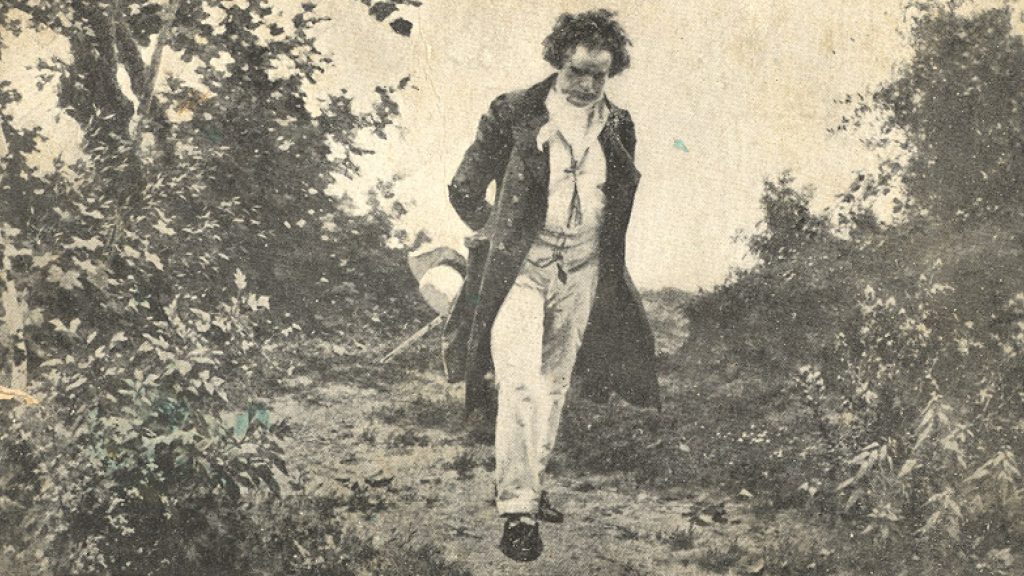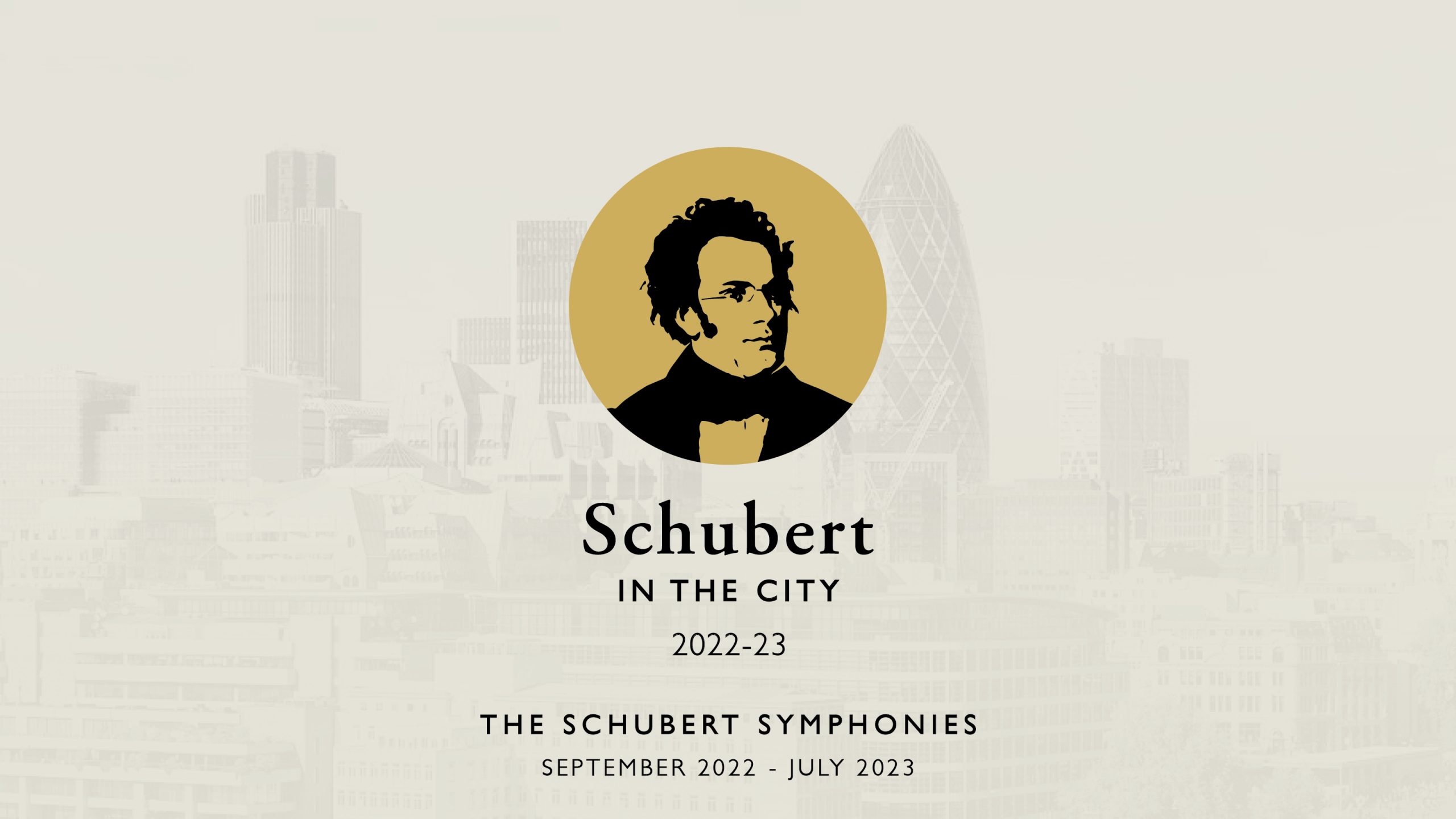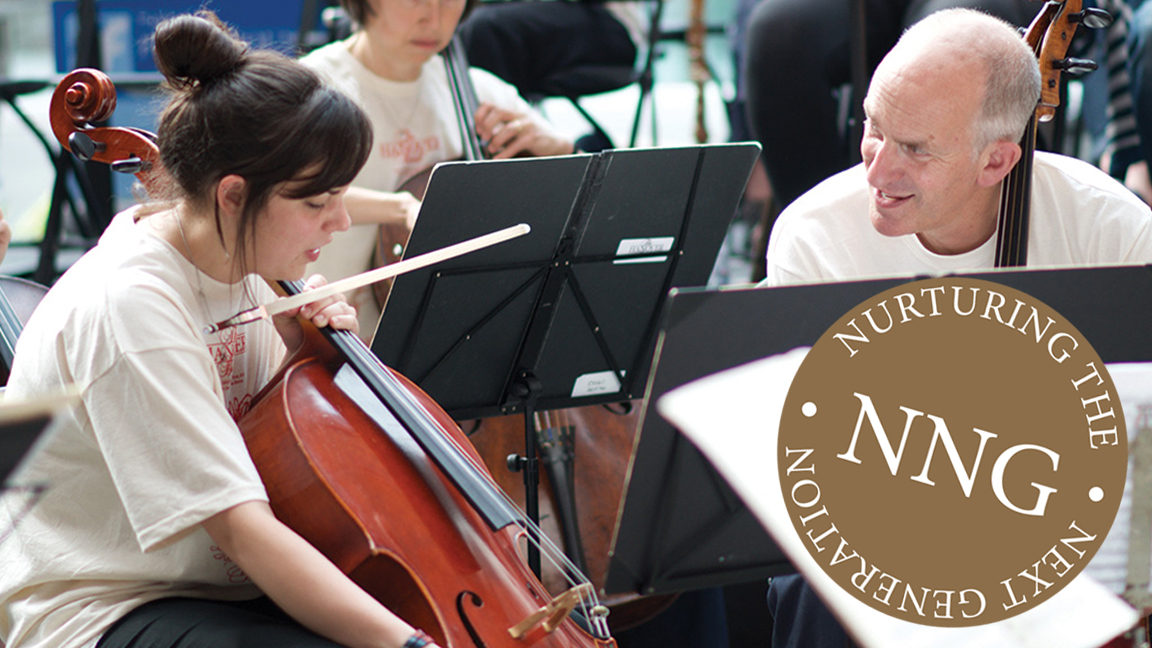The mood-boosting effects of music have long been documented as having a positive impact on our mental wellbeing.
This is something The Hanover Band has found to be a lifeline to their musicians, offering them work at a time when it is in short supply.
Moving their virtual Beethoven anniversary concerts online has allowed them to carry on performing, albeit in a socially-distanced way, bringing their music into the homes of people around the world.
Beethoven often struggled with his own mental health and wellbeing, so it is even more prevalent that the Beethoven 250 series, leading up to the anniversary of his birth on December 16, acknowledges the difficult times many people are going through at the moment.
The composer was the inspiration for Caroline Brown, who founded The Hanover Band, which is celebrating its 40th anniversary this year.
Just as Beethoven did, the orchestra has had to overcome many obstacles in order to record all the symphonies during the pandemic.
Members came together during the summer when Covid-19 restrictions were eased to record eight out of nine of Beethoven’s symphonies, performing the complex pieces of music as a whole in just 11 days.
The Hanover Band is aiming to record Beethoven’s final 9th symphony over the coming weeks. For now the recording is going ahead.
They are keeping abreast of all recommended Government Guidelines and procedures on approved working environments, to keep all musicians safe and well.
DAILY RITUALS AND CREATIVE ROUTINES
Many of the world’s most creative minds have relied on daily rituals as a conduit to their productivity. Beethoven was apparently an advocate of strong coffee and would count out 60 beans for his morning cup.
He also took inspiration from his daily walks through the forest filled with babbling brooks and birdsong near his Vienna home, a commonality shared with other composers including Mahler and Tchaikovsky, according to the book Daily Rituals written by Mason Currey.
In 2014, a Stanford University study found that walking helped people produce more ideas and bolstered creative thinking during and straight after a walk, compared with sitting down.
Beethoven’s poor mental health has also been well documented in letters he wrote to friends describing his torment as his deafness became more apparent, a two-year long depression and an alleged attempt on his own life.
In the book ‘Manic Depression and Creativity’, D Jablow Hershman and Dr Julian Lieb argue that Beethoven is likely to have had bipolar disorder, an illness which not only hindered but also helped his creative process.
Maybe that is why Beethoven’s music resonates with so many people through times of light and dark.
As writer and comedian Stephen Fry, who has bipolar disorder, told Classic FM earlier this year:
“One of the ways I cope with it is to bathe myself in music like Beethoven’s and to think of people who have gone before me who have been lit by the flame of mania and danced by the icy water of depression.”
The Hanover Band will release recordings of Beethoven’s 4th and 5th symphonies in the next two weeks, the latter being one of his most famous and frequently played.
Beethoven completed most of his 4th symphony when he was a guest of Prince Lichnowsky at his summer castle of Grätz, near Troppau, Czechoslovakia, in the late summer and autumn of 1806.
He had already started his 5th symphony two years earlier but it was 1808 before he completed it.
The Online Festival Series can be viewed for free but any donations will be gratefully received.





